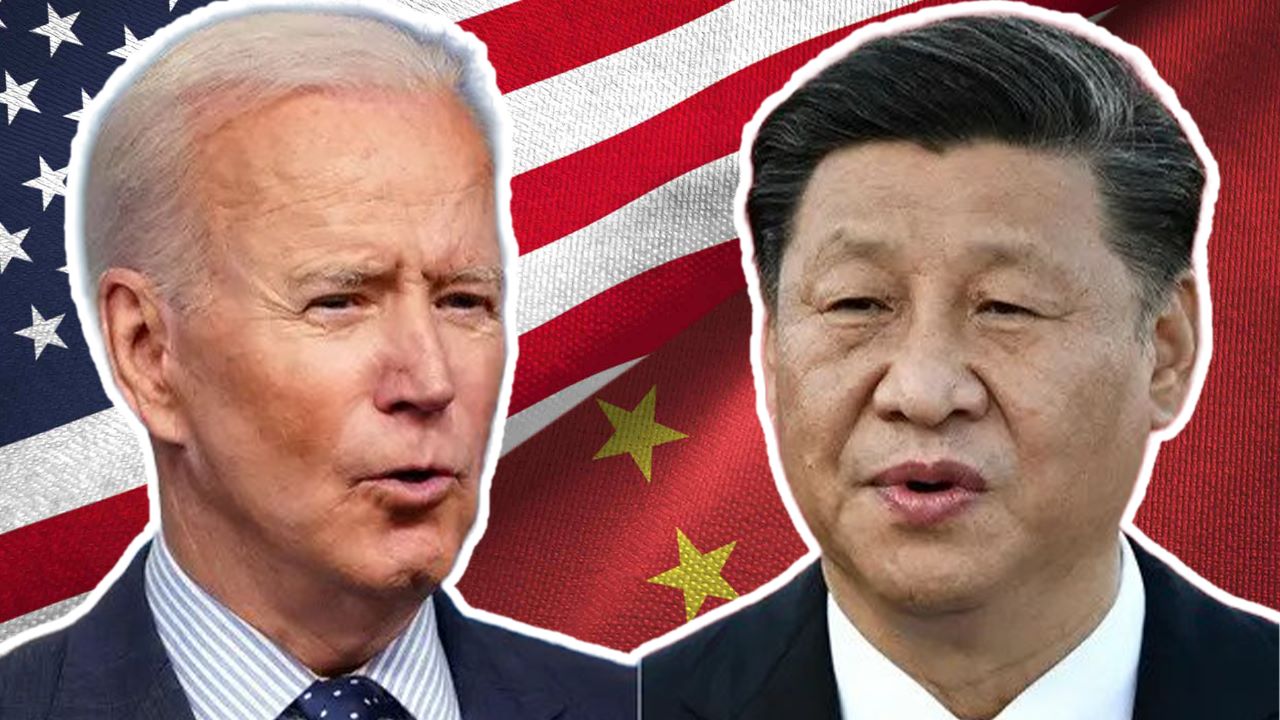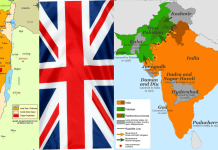China slapped unprecedented sanctions against two American defense companies on April 11 for what it described as their backing of arms sales to Taiwan, a self-ruled state that Beijing claims as its renegade province.
The sanctions freeze the Chinese-owned assets of two US firms, General Dynamics Land Systems and General Atomics Aeronautical Systems. According to reports, the companies’ management will be prohibited from entering China.
According to filings, General Dynamics runs six Gulfstream and jet aircraft services businesses in China. Despite its efforts to establish a foothold in the market, the company still mostly depends on foreign aerospace technology.
The Chinese sanctions will likely hit the Taiwanese military, which is currently undergoing a modernization program. The company, sanctioned by China, helps manufacture Abrams Main Battle Tanks (MBTs), which were purchased by Taiwan to thwart or resist a potential Chinese invasion. This may be a matter of concern for the Taiwanese military since the Abrams delivery is already behind schedule.

Last week, some reports in local Taiwanese media stated that the delivery of the first 38 M1A2T Abrams tanks, initially slated for the middle of this year, has likely been delayed until the fourth quarter. Additionally, there was conjecture that there would be additional delays in delivering the initial batch of tanks until the manufacturers raised their production levels.
General Atomics makes the Predator and Reaper drones employed by the US military. Chinese officials did not elaborate upon the company’s purported participation in arming Taiwan.
China had previously sanctioned five US defense companies for arming Taiwan in January this year. At that time, Beijing targeted BAE Systems Land and Armaments, Alliant Techsystems Operations, AeroVironment, Viasat, and Data Link Solutions.
With China’s enhanced military activity in the Taiwan Strait and concerns that the country could launch an invasion of Taiwan by 2027, Taiwan has unabashedly gone on a military shopping spree to build combat capability to defend itself from the Chinese onslaught and the US has emerged as its bigger arms supplier.
On its part, China claims that the United States arms shipments to Taiwan constitute meddling in its internal affairs. China has vowed to take action against foreign governments and businesses that support Taiwan’s defense and the US military’s presence in the region.
China sanctioned American companies Lockheed Martin Corp. and Raytheon Missiles and Defense from the Chinese market after the use of one of its aircraft and a missile to shoot down a suspected spy balloon that was flying over the continental United States last year.
In 1979, the United States moved its diplomatic recognition from Taiwan to China. Nevertheless, the United States is required by law to guarantee Taiwan’s self-defense. The US House Foreign Affairs Committee stated earlier in June that it had formed a task force to expedite the country’s military sales procedures to its overseas customers, which included Taiwan.
This has certainly not gone down well with Beijing. The Chinese Defense Ministry said last year that the US was helping the ruling DPP (Democratic Progressive Party, the Taiwanese nationalist political party) turn Taiwan into a weapons depot and a powder keg nation.
Although there is little doubt that China sanctioned the US firms for assisting arms sales to Taiwan, it is worth emphasizing that the decision comes right after the United States added some Chinese companies accused of helping the military to an export ban list.

US Adds Chinese Companies To Export Ban List
One day before China slapped sanctions on US firms, a US official announced on April 10 that the country had placed four Chinese companies on an export blacklist for attempting to purchase AI chips for China’s military.
In an export enforcement meeting held by the U.S. Senate subcommittee on bolstering export control enforcement, Kevin Kurland of the Commerce Department stated that the companies were “involved with providing AI chips to China’s military modernization programs” and military intelligence users.
These companies are among the 11 new entries the government published on April 10 to the Commerce Department Entity List. Suppliers shipping goods and technology to companies on the list require licenses, which are likely to be denied. The businesses are Beijing Anwise Technology Co., Xi’an Like Innovative Information Technology Co., LINKZOL (Beijing) Technology Co., and SITONHOLY (Tianjin) Co.
At a routine press briefing the next day, foreign ministry spokesperson Mao Ning stated that China opposed the United States exploiting the list and other export control measures to “contain and suppress” Chinese enterprises.
She said it encouraged the United States to cease politicizing trade and technology problems and would take the required actions to protect its rights and interests.
- Contact the author at sakshi.tiwari9555 (at) gmail.com
- Follow EurAsian Times on Google News




